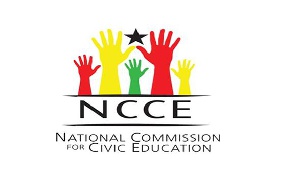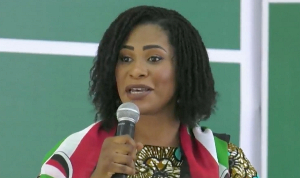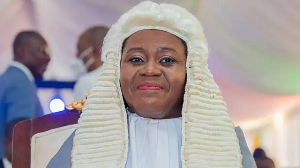The National Commission for Civic Education (NCCE) has stepped up engagements with basic schools as part of this year’s Citizenship Week Celebration which is being marked between May 26 and June 2.
In the Ashanti Region, the Commission is seeking to engage 1,300 basic schools across all 43 districts to inculcate a sense of nationalism in pupils while encouraging them to be good citizens.
It is on course to achieving that as all the District Directorates continue to take civic education to various basic schools within their jurisdictions.
The sub-theme for this year’s celebration is, “30 Years of Consolidating Constitutional Democracy and Building National Cohesion: The Role of the Ghanaian Child.”
The annual Citizenship Week celebration is one of the flagship programmes of the Commission and the goal this year to is remind pupils of their responsibilities as agents of change, and future leaders who can help build a peaceful, strong, and united democratic Ghana.
Resource Persons are drawn from professional and occupational backgrounds such as academia, creative Arts, clergy, women activist, Civil Society Organisations, public servants, and senior staff of the NCCE.
Some of the values being inculcated in the young Ghanaians to shape them to be responsible citizens are accountability, respect for the rights of others, peaceful coexistence, and law-abiding, among others.
The objective is to make them ambassadors of peace among their peers by equipping them with basic skills in promoting peace in the school environment.
Madam Margaret Konama, the Regional Director of NCCE who has been leading a team from the Regional Directorate to monitor the exercise across the region, said it was important as a people to uphold and defend the Constitution and the law.
She said it was against this background that the Commission had been targeting pupils in basic schools to orient them on the significance of the Constitution to nation-building.
This, she said, would not only help in raising a generation that appreciates the sacrifices of our forebears but also foster national unity and harmony.
General News of Saturday, 3 June 2023
Source: GNA













